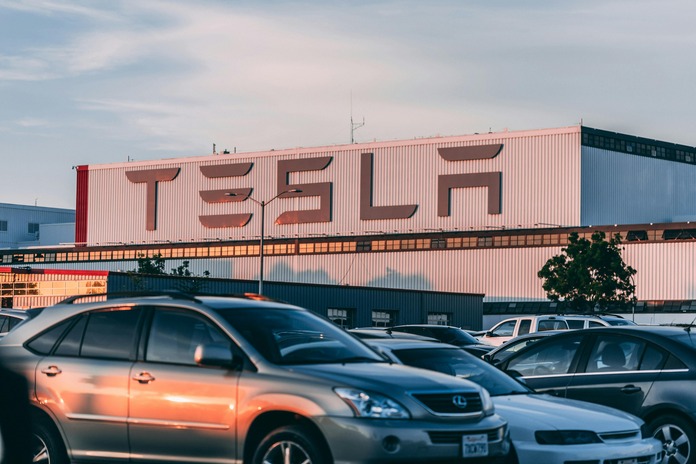Tesla (NASDAQ:TSLA) is facing significant challenges as its vehicle sales dropped 13% in the first quarter of 2025. The decline reflects multiple factors, including CEO Elon Musk’s political controversies, increasing competition from rivals like BYD (HKG:1211), and an aging vehicle lineup that is struggling to attract new buyers.
This sharp drop in Tesla sales is a troubling sign ahead of its upcoming earnings report, which could further disappoint investors already wary of the company’s future prospects.
Tesla Struggles to Attract Buyers Despite Discounts
Tesla delivered 336,681 vehicles globally between January and March, significantly lower than analysts’ estimates of 408,000. This marks a steep decline from the 387,000 units sold during the same period last year. The drop comes despite Tesla’s aggressive price cuts, zero-interest financing offers, and other incentives aimed at boosting demand.
Dan Ives, an analyst at Wedbush Securities, called the results a “disaster on every metric,” highlighting that demand in key markets like the U.S., China, and Europe is softening. “The brand crisis issues are clearly having a negative impact on Tesla sales decline—there is no debate,” Ives noted in a statement to clients.
Musk’s Political Controversies Weigh on Tesla Sales
Elon Musk has been at the center of several controversies that have alienated potential buyers. His outspoken support for far-right political figures and his role in U.S. government budget cuts have triggered widespread backlash. In Europe, Tesla sales have suffered significantly, particularly in Germany, where Musk’s involvement in the country’s recent elections led to protests and boycotts.
Additionally, Tesla owners in the U.S. have expressed frustration, with some placing bumper stickers on their cars reading, “I bought this before Elon went crazy.” Reports of Tesla vehicles being vandalized and burned in protest further illustrate the mounting dissatisfaction with Musk’s leadership.
Competition and Aging Models Add Pressure
While political controversies are playing a role in Tesla’s declining sales, they are not the only factor at play. The electric vehicle (EV) market is becoming increasingly competitive, with Chinese automaker BYD rolling out advanced technology, including five-minute charging capabilities, which have set a new standard in the industry.
Tesla’s Model Y, the company’s best-selling vehicle, is also facing declining demand as customers anticipate a refreshed version set to launch later this year. With many potential buyers holding off on purchases, Tesla is struggling to maintain its dominance in the EV sector.
Will Tesla Recover from Its Sales Slump?
Tesla’s stock has already suffered from its weakening sales performance. Shares of the company have fallen by nearly 50% since December, as concerns about declining demand, political risks, and increased competition continue to weigh on investor sentiment.
Musk himself has acknowledged the challenges, stating at a recent rally, “My Tesla stock and the stock of everyone who holds Tesla has gone roughly in half.” While Tesla remains a major player in the EV market, its recent struggles raise questions about its long-term growth prospects.
With its Q1 earnings report approaching, all eyes will be on whether Tesla can reverse its downward trend. However, unless the company addresses its brand image, product lineup, and competitive positioning, the Tesla sales decline may continue into the rest of 2025.
Can Tesla Regain Momentum?
Tesla’s ability to recover from this downturn will depend on several factors, including its ability to launch innovative new models, improve public perception, and compete effectively with emerging EV leaders. While Musk’s leadership has been a driving force behind Tesla’s rise, his recent controversies may be a liability the company can no longer afford.
Looking ahead, Tesla must focus on regaining consumer trust, accelerating vehicle updates, and countering competitive threats. If it fails to do so, its once-dominant position in the EV market could erode further, giving companies like BYD and traditional automakers an opportunity to take the lead.
Featured Image: Pexels © Craig Adderley









